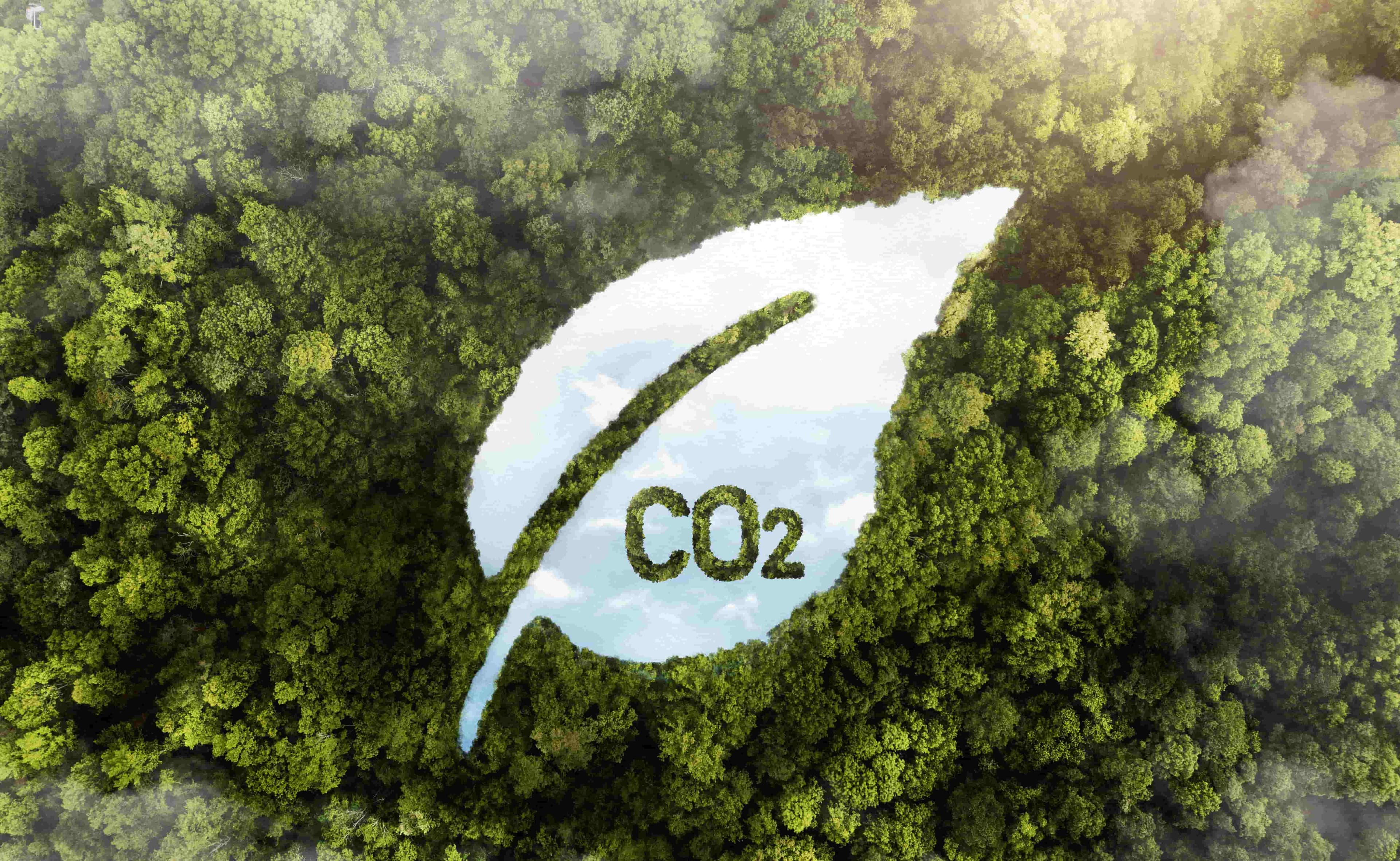Climate change is one of the most urgent challenges of our time, and carbon emissions are at the heart of the issue. Greenhouse gases, primarily carbon dioxide (CO₂), trap heat in the atmosphere, leading to global warming, rising sea levels, and extreme weather events. But despite international efforts, global emissions remain stubbornly high.
Let’s explore the facts, trends, and what we can do to reduce our carbon footprint.
Understanding Carbon Emissions
- Energy Production: Burning fossil fuels for electricity and heat accounts for about 40% of global CO₂ emissions (IEA, 2024).
- Transportation: Cars, trucks, ships, and airplanes contribute roughly 25% of emissions worldwide.
- Industry: Manufacturing, cement production, and chemical processes produce around 21% of global emissions.
- Agriculture & Deforestation: Land-use changes, livestock, and farming release methane and CO₂, responsible for about 14% of emissions.
Global Trends in Carbon Emissions
- Rising Temperatures: The World Meteorological Organization reports that the past decade has been the warmest on record, largely due to increased CO₂.
- Emission Levels: In 2023, global CO₂ emissions reached 36.8 billion tonnes, approaching pre-pandemic highs (Global Carbon Project, 2024).
- Regional Differences: China, the U.S., and the EU are the largest emitters, but per-capita emissions are highest in countries with heavy fossil fuel use and industrial activity.
The Impact of Carbon Emissions
- Climate Change: Higher global temperatures lead to heatwaves, droughts, and more frequent storms.
- Sea-Level Rise: Melting glaciers and ice sheets threaten coastal communities.
- Health Risks: Air pollution linked to fossil fuel combustion contributes to respiratory diseases and cardiovascular problems.
- Economic Costs: Extreme weather events, crop failures, and disaster recovery cost billions annually.
Reducing Carbon Emissions: Evidence-Based Solutions
- Renewable Energy Transition:
- Solar, wind, and hydropower reduce reliance on fossil fuels.
- According to the IEA, scaling up renewables could cut global CO₂ emissions by 30% by 2030.
- Electrification of Transport:
- Electric vehicles (EVs) are becoming more affordable.
- A 2023 Nature Energy study found that EV adoption can reduce emissions by up to 60% per vehicle compared to internal combustion engines.
- Energy Efficiency & Building Upgrades:Insulation, LED lighting, and smart systems can lower household and industrial energy use.
- Reforestation & Carbon Capture:Planting trees and restoring ecosystems absorb CO₂ naturally. Innovative carbon capture technologies are emerging but require significant investment to scale.
- Behavioral Change:
- Reducing meat consumption, flying less, and minimizing energy use all contribute to personal carbon reduction.
- A 2022 study in Environmental Research Letters found that lifestyle changes could reduce individual carbon footprints by up to 40%.
Challenges to Reducing Emissions
- Economic Dependence on Fossil Fuels: Many countries rely on coal, oil, and gas for energy and jobs.
- Political Will: Policies are uneven, and international agreements often fall short of targets.
- Technological Barriers: While renewables and carbon capture exist, scaling globally is complex and costly.
The Road Ahead: Are We On Track?
- Global climate agreements like the Paris Accord aim to limit warming to 1.5°C above pre-industrial levels.
- Current trajectories suggest we may exceed this target unless urgent action is taken.
- Experts advocate a combined approach: government policies, corporate responsibility, and individual lifestyle changes.
Do you believe humanity is doing enough to reduce carbon emissions, or are we still falling behind?
👉 Vote here: Are we on track to tackle carbon emissions in 2025?
